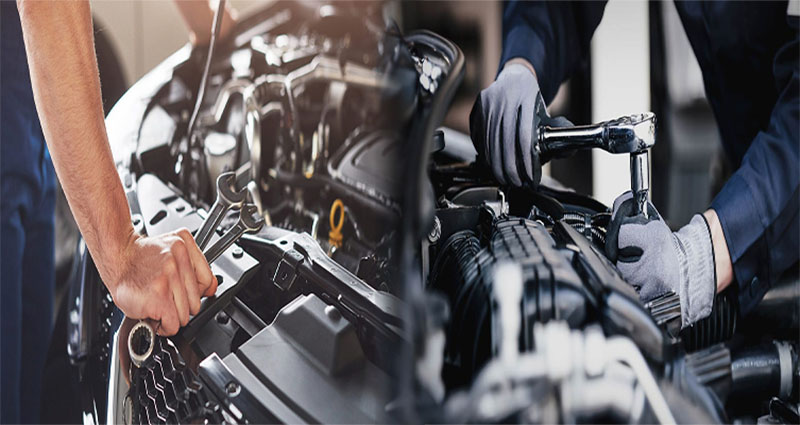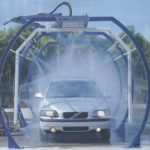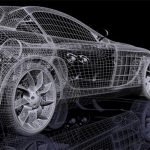Diagnosing and Repairing Engine Issues: Vital Duties of a Skilled Automotive Technician
As a skilled automotive technician, one of the most crucial aspects of your job is diagnosing and repairing engine issues in vehicles. An engine is often considered the heart of a car, and any problems with it can result in serious performance issues and safety concerns for the driver. In this article, we will delve into the key responsibilities and procedures involved in diagnosing and repairing engine issues.
Understanding the Importance of Proper Diagnosis
Diagnosing engine issues requires a combination of technical knowledge, experience, and the use of diagnostic tools. Without accurate diagnosis, it is nearly impossible to identify the root cause of an engine problem and provide an effective solution. Misdiagnosis can lead to unnecessary repairs, wasted time, and increased costs for the vehicle owner.
Skilled automotive technicians are trained to perform a systematic approach to diagnosing engine issues. They start by gathering information from the vehicle owner about … Continue reading >>>









